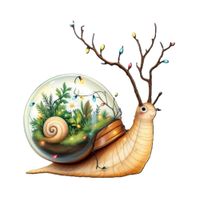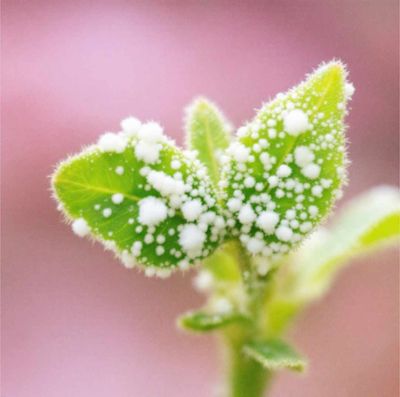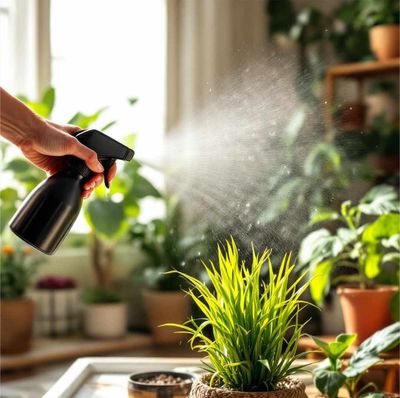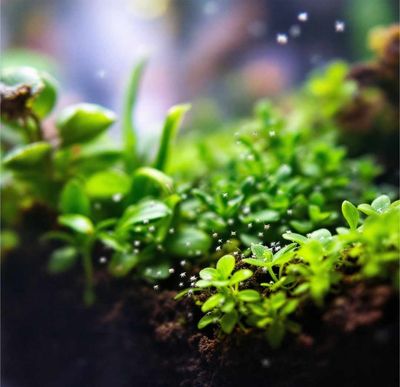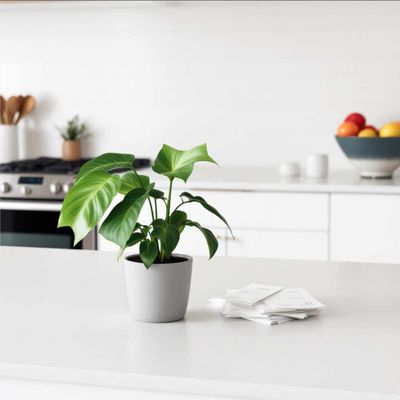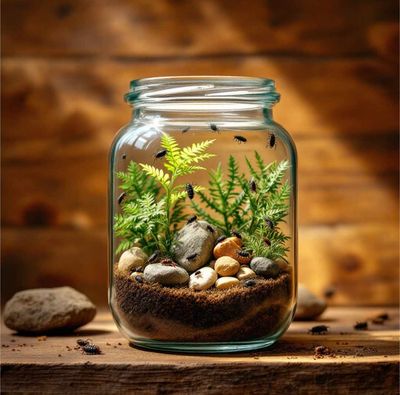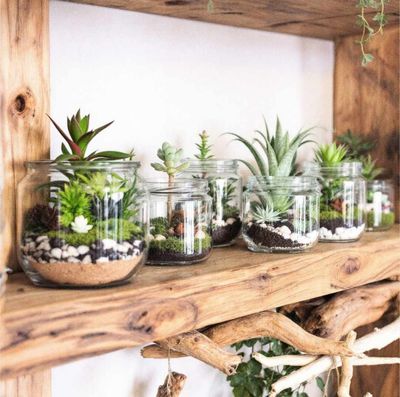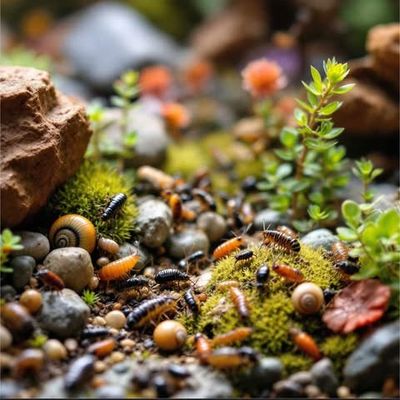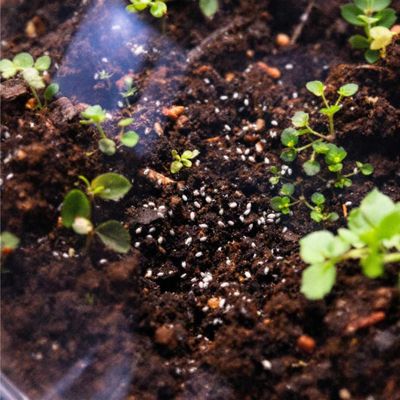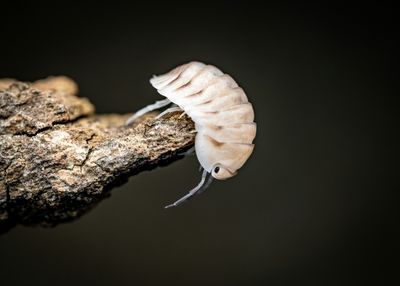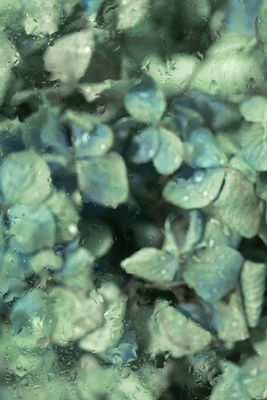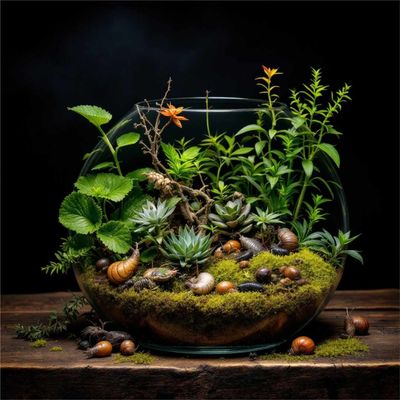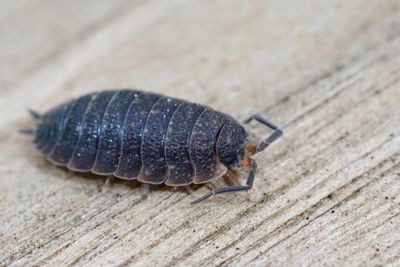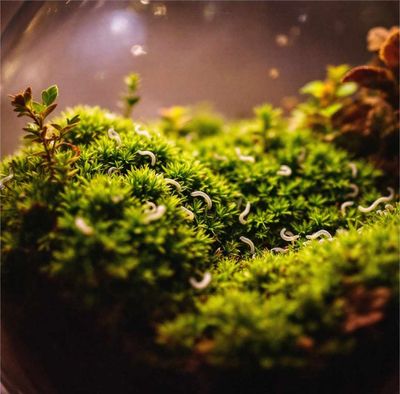
Leaf n Learn
Step into our little library of leafy wisdom. From root rot to repotting, Leaf n Learn is where plant care meets curiosity — because every thriving plant parent starts somewhere.
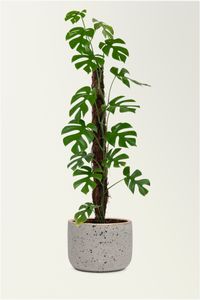
The Stakes Are High: Choosing the Right Support for Your Plants
Give your green babies the lift they deserve! Whether you're propping up trailing vines, training climbing beauties, or adding flair to foliage, the right plant stake or trellis makes all the difference. Explore our stylish, sturdy supports designed to keep your plants growing strong and looking their best.
A Whole World of Terrariums
There’s more than one way to grow your own little world! A terrarium is a self-contained garden, perfect for plants that love humidity and low light. A paludarium blends land and water, making it ideal for semi-aquatic plants and critters. A vivarium is a living habitat designed for animals like reptiles, amphibians, or invertebrates. And a bioactive setup combines plants, microfauna, and clean-up crews to create a thriving, self-sustaining ecosystem
Millipedes
Millipedes are gentle decomposers that help keep your terrarium healthy and balanced. They feed on decaying leaves and organic matter, turning it into rich soil that nourishes your plants. Calm, slow-moving, and fascinating to watch, they’re the quiet recyclers of your miniature ecosystem — perfect for natural, bioactive setups.
Springtails
Tiny, hardworking bugs that live in the soil and leaf litter. They feed on mold and waste, keeping your terrarium clean and balanced. Safe for plants and harmless to people, springtails act like a natural clean-up crew, helping create a healthy mini-ecosystem.
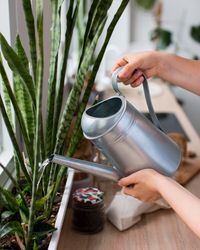
If you’re constantly replacing plants and wondering what in the fern is going wrong, you're not alone. We've all been there — your collection is growing, your leafy friends are multiplying, but some just... don't make it. One of the most common mistakes us budding plant parents make early on is overwatering.

Butterworts are a carnivorous plant that’s commonly referred to as “pings” from their scientific name Pinguicula, which means “little greasy one” in Latin. It is derived from their broad green leaves that are covered with tiny glandular hairs that secrete a sticky mucous. These drops of mucous cause the leaves to shimmer in sunlight which attracts insects.
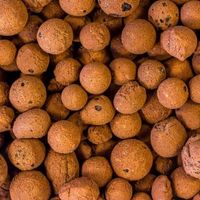
Discover how these little clay balls can make a big difference in your plant care routine. From cleaner watering to happier roots, learn why LECA is the low-maintenance, high-reward way to grow!
Photo-Synthesis
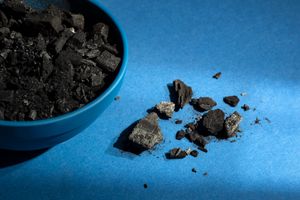

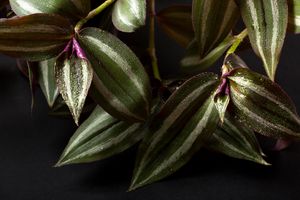

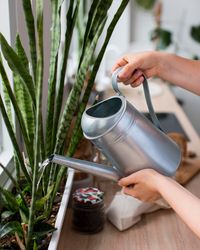

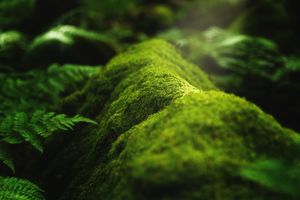

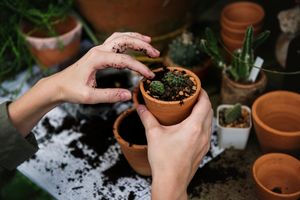

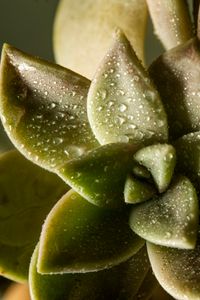

Written with heart by Plantastic by Daley 🌿
Sharing down-to-earth tips, DIYs, and inspiration to help your plant pals thrive in style. 🌱
